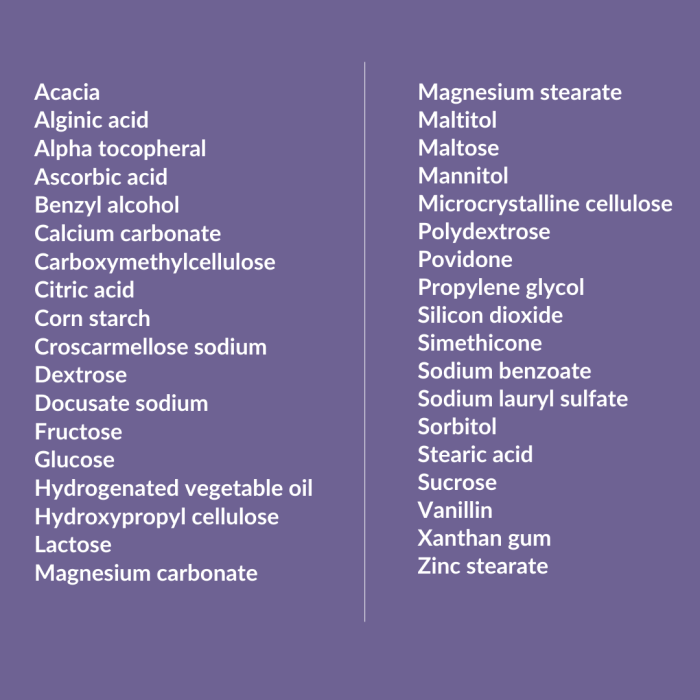Are Your Medications and Supplements Gluten-Free?
Staying gluten-free involves major dietary changes. To do that successfully, you should always read food product packaging to avoid an adverse reaction. Examine anything you consume to identify if gluten from wheat, barley, or rye or their derivatives are used. Unfortunately, gluten is not only in foods. You could find gluten in your medications and supplements, too.
While gluten is not a common ingredient in medications, it is more prevalent in supplements. When considering a supplement, look for products that are certified or labeled gluten-free or read ingredients carefully. While items labeled gluten-free should be safe to consume, we can only vouch for the gluten-free status of GFCO-certified supplements.
When Might a Medication Contain Gluten?
Many pharmaceuticals use excipients, inactive ingredients that add color, preserve, or act as a filler to make a particular dosage form of the drug. Excipients are often made from corn, potato, or tapioca. However, some are derived from wheat or, in rare cases, barley.
According to the FDA, “The vast majority of oral drug products either contain no gluten or virtually no gluten. In the very rare cases where gluten may be present, we estimate based on drug formulation information that wheat starch and other ingredients derived from wheat would contribute no more than 0.5 mg gluten to a unit dose of an oral drug product. This amount is less than may be found in a single 30-gram serving of food labeled gluten-free according to FDA’s regulations.”
If you have doubts about the gluten-free status of medication, consult with your pharmacist and/or check with the manufacturer of the product. Here is a guide for pharmacists for checking the gluten-free status of medication. You can also check the website Glutenfreedrugs.com.

Most drug manufacturers do not clearly label their products or packaging with information about the gluten content of their drug. Medications – whether prescription or over the counter (OTC) – are not included in the FDA gluten-free labeling regulation that applies to FDA-regulated food products. If a medication is in the form of an inhalant, injectable, patch, or IV, gluten is not routinely included in these types of products.
In 2017, the FDA issued a draft document on labeling recommendations for medications. If such guidelines are finalized, you should have access to better information about the gluten content of medications. This FDA draft guidelines document is not a “requirement” for gluten labeling. Read more information from the FDA on medications and gluten.
For nonprescription drug products, the FDA states that ingredients are listed on the “Drug Facts” label in the “inactive ingredients” section. For prescription drug products, the FDA states that ingredients will generally be listed on the labeling in the “Description” section. The FDA also recommends using DailyMed to look up the labeling for more than 140,000 prescription and nonprescription drug products.
Common Gluten-Free Pharmaceutical Excipients
For reference, here are some ingredients you might see added to pharmaceuticals. All listed here are gluten-free.

What’s the Gluten in Supplements?
Gluten can be found in wellness supplements including herbal, vitamin, and mineral supplements. Gluten in natural and herbal supplements can be in the form of added grains, grain grasses, or ingredients derived from gluten-containing grains.
Elixirs generally do not contain gluten. If it is a nutritional feeding product, pill, or capsule, gluten could be a fiber or binding agent and the product must be carefully investigated. On GlutenFreeDrugs.com, you can find hundreds of medications and their gluten-free status.
Since supplements are covered by the FDA gluten-free labeling regulation, supplements labeled “gluten-free” should be safe to consume. We can only vouch for supplements that have been certified gluten-free by GIG’s GFCO. For supplements that are not labeled or certified gluten-free, always read the label to know what ingredients are used to manufacture them.
The information on this website is for educational purposes only. Consult your healthcare team when considering this information.
© 2021 Gluten Intolerance Group. All Rights Reserved
